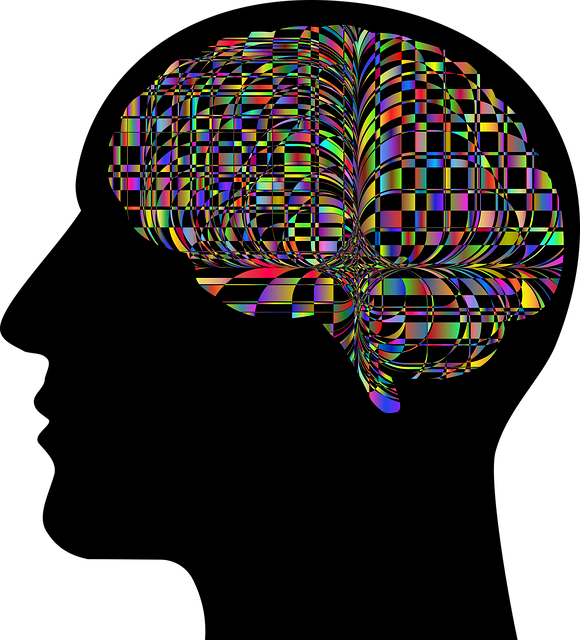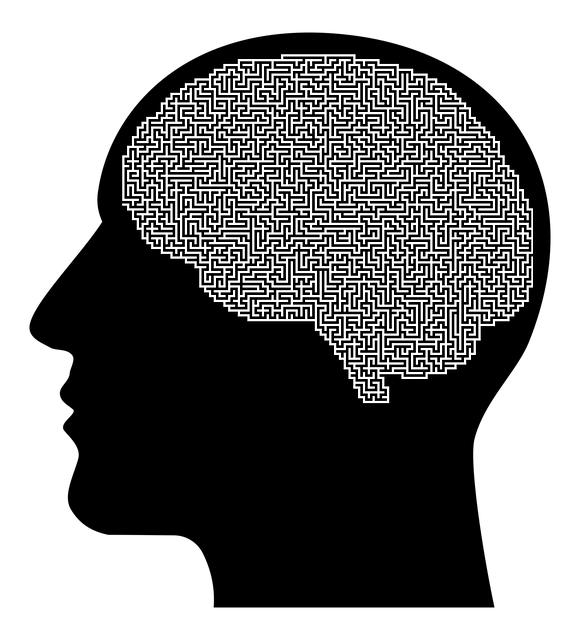Lakewood Gambling Therapy is revolutionizing mental health treatment with a focus on mindfulness and emotional intelligence. They address diagnosis challenges by combining advanced technology (AI algorithms) with holistic approaches, such as cognitive distortion targeting and structured therapy sessions. Their efforts improve accuracy, reduce stigma, and empower individuals to manage conditions like gambling addiction and co-occurring mood disorders. Early intervention through community outreach programs further enhances access to quality care, ultimately improving mental well-being and quality of life.
Mental illness diagnosis accuracy is a critical aspect of healthcare, yet it faces significant challenges. This article explores strategies aimed at enhancing diagnostic precision, delving into the intricacies of mental health assessment. We examine the unique contribution of Lakewood Gambling Therapy in refining diagnosis methods, particularly its impact on gambling-related disorders. Additionally, we discuss innovative practices and the importance of early intervention to improve patient outcomes, highlighting the overall goal of advancing mental health care through improved diagnostic accuracy, including the role of Lakewood Gambling Therapy.
- Understanding Mental Health Diagnosis Challenges
- The Role of Lakewood Gambling Therapy in Enhancing Accuracy
- Innovative Approaches to Improve Diagnostic Practices
- Promoting Early Intervention and Support Systems
Understanding Mental Health Diagnosis Challenges

Mental health diagnosis presents a unique set of challenges due to the subjective nature of human emotions and behaviours. What may seem like clear signs of distress in one individual could be interpreted differently by another, leading to misdiagnosis or delayed treatment. This complex landscape is further complicated by the wide spectrum of mental illnesses, each with its own distinct symptoms and underlying causes. For instance, a person struggling with anxiety might exhibit similar traits as someone dealing with depression, making accurate differentiation crucial.
At Lakewood Gambling Therapy, we recognise these hurdles and strive to enhance diagnosis accuracy through various methods. One effective approach is incorporating mindfulness meditation and emotional intelligence training, which can aid professionals in recognising subtle cues and understanding clients’ experiences better. Additionally, boosting confidence in both patients and therapists can facilitate open communication, encouraging individuals to share their struggles without fear of judgment. These efforts collectively contribute to a more precise diagnosis and tailored treatment plans, ultimately improving mental health outcomes.
The Role of Lakewood Gambling Therapy in Enhancing Accuracy

Lakewood Gambling Therapy is making significant strides in improving mental illness diagnosis accuracy, particularly for conditions like gambling addiction and related mood disorders. This innovative approach leverages the power of Mind Over Matter principles to address not just symptoms but the underlying emotional healing processes. By creating a safe, structured environment, therapists guide individuals through intensive therapy sessions that target specific cognitive distortions and maladaptive behaviors.
Through this process, patients learn valuable coping strategies, gain insights into their triggers, and develop a deeper understanding of their mental health landscape. The focus on personal growth and self-actualization fosters resilience, enabling individuals to navigate life’s challenges with enhanced emotional well-being. This holistic approach not only enhances diagnosis accuracy but also paves the way for more effective treatment plans, ultimately leading to improved outcomes and better quality of life for those struggling with mental health issues like anxiety relief.
Innovative Approaches to Improve Diagnostic Practices

In recent years, innovative approaches have emerged to enhance mental illness diagnosis accuracy. One notable example is the integration of advanced technologies, such as AI and machine learning algorithms, into clinical settings. These tools analyze vast datasets, including patient histories, symptoms, and behavioral patterns, to provide evidence-based insights that support more precise diagnoses. For instance, Lakewood Gambling Therapy has utilized these technologies to develop tailored interventions for individuals struggling with gambling addiction, demonstrating improved treatment outcomes.
Moreover, efforts to improve diagnostic practices involve enhanced training programs for healthcare professionals. Mental Health Policy Analysis and Advocacy plays a crucial role in ensuring these programs incorporate the latest research and best practices. By fostering continuous learning and knowledge sharing, mental health providers can stay abreast of advancements in diagnosis and treatment, thereby reducing errors and enhancing patient care. These initiatives, coupled with Mental Illness Stigma Reduction Efforts, aim to create an environment where individuals feel comfortable seeking help without fear of judgment or discrimination.
Promoting Early Intervention and Support Systems

Early intervention plays a pivotal role in enhancing mental illness diagnosis accuracy and improving patient outcomes. By fostering open dialogues about mental health within communities, individuals can receive timely support before symptoms escalate. Lakewood Gambling Therapy, for instance, has pioneered community outreach programs that encourage people to seek help without stigma. These initiatives aim to educate the public on recognizing early warning signs of various mental disorders, empowering them to offer crucial support to their loved ones.
Promoting emotional healing processes through resilience-building activities is another effective strategy. Community outreach programs can organize workshops and seminars focused on stress management, coping mechanisms, and self-care practices. Such initiatives not only raise awareness but also equip individuals with tools to navigate mental health challenges more effectively. By strengthening support systems at the grassroots level, communities can significantly contribute to improving diagnosis accuracy and ensuring better access to timely, quality care for all.
Mental illness diagnosis accuracy is a multifaceted challenge, but with innovative approaches like Lakewood Gambling Therapy and early intervention strategies, significant improvements are achievable. By integrating these advancements into diagnostic practices, we can ensure more effective support for individuals navigating mental health issues. This holistic approach, emphasizing both therapeutic techniques and robust systems of support, holds the key to enhancing overall well-being in communities worldwide.












